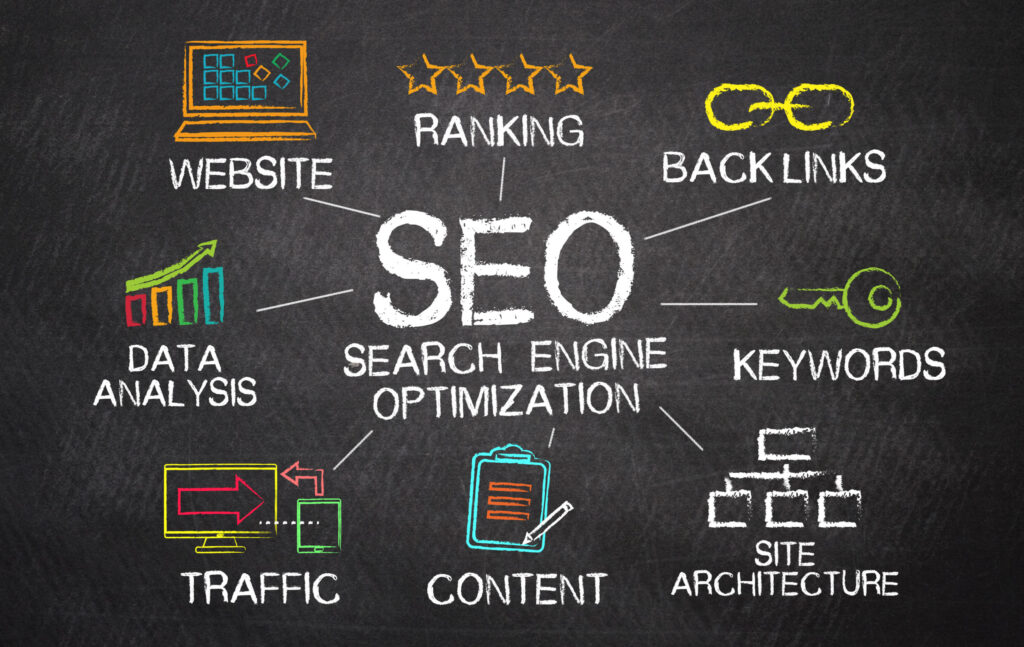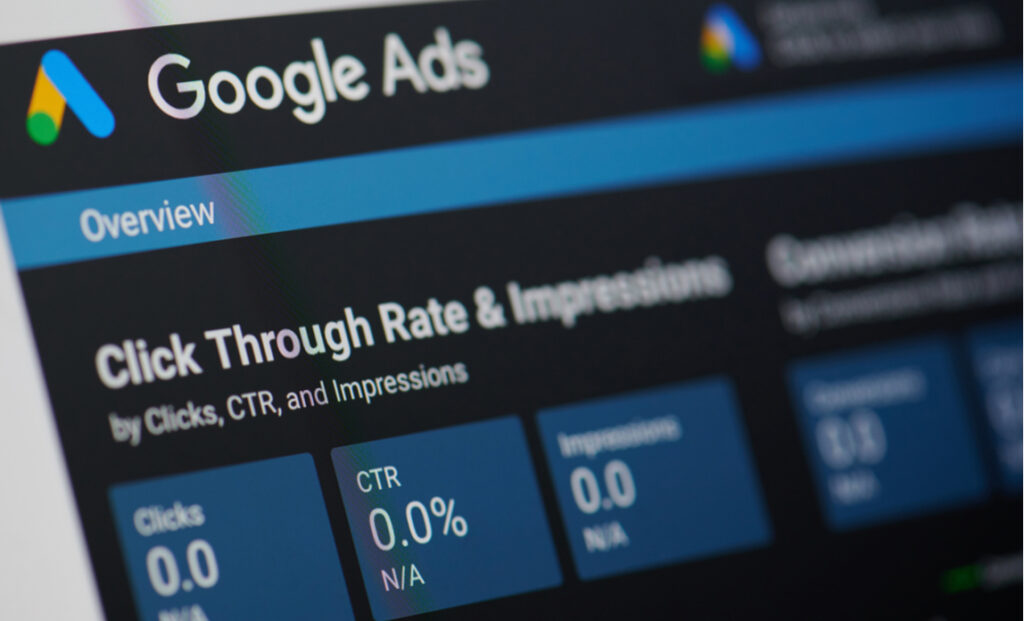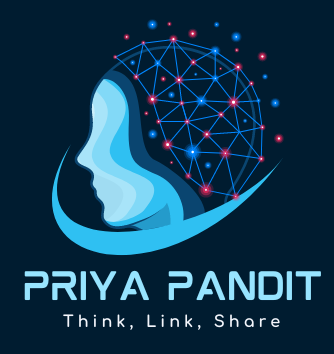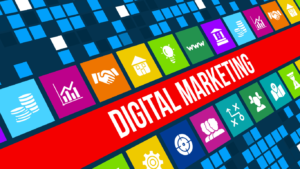
Welcome to Priya Pandit, your new favorite blog for all things digital marketing. Today, we’re exploring a topic that’s not only crucial for businesses but also super fascinating: digital marketing. Have you ever thought about What is digital marketing? Then you’re in the right place. We’re here to break it down in a fun and simple way. Whether you’re a newbie or looking to deepen your knowledge, this blog will give you a clear, engaging explanation of what digital marketing is all about. So, let’s start and learn together!
Introduction to Digital Marketing

So, what exactly is digital marketing? In simple terms, it’s all the marketing efforts that use the internet or an electronic device. Consider it the tech-savvy relative of conventional marketing. Companies communicate with customers through digital channels such as websites, email, social media, and search engines. Sounds cool, right? But there’s so much more to it!
The Evolution of Digital Marketing
Why Digital Marketing is Important?
You might be wondering, why should I care?” Well, here’s why:
- Wider Reach: With digital marketing, you can reach people all over the world, and it doesn’t have to cost a fortune.
- Targeted Advertising: Unlike traditional methods, digital marketing lets you target specific groups based on their interests, behavior, and more.
- Measurable Results: One of the biggest perks of digital marketing is that you can see exactly what’s working and what’s not, thanks to data and analytics.
- Customer Engagement: Digital platforms allow for real-time interaction, meaning you can build stronger relationships with your audience.
Types of Digital Marketing
Now that we’ve covered the basics, let’s look at the different types of digital marketing:
1. Search Engine Optimization (SEO)

SEO’s primary objective is to make your website more visually appealing to search engines like Google. This blog appears at the top of searches for digital marketing explanations; this is the result of SEO working its magic!
2. Content Marketing

This involves creating and sharing valuable content to attract and engage your audience. Think blog posts (like this one!), videos, infographics, and more. The goal? To provide helpful info that establishes your brand as an expert.
3. Social Media Marketing

Platforms like Facebook, Instagram, Twitter, and LinkedIn are great for connecting with your audience. Social media marketing means creating and sharing content on these platforms to boost your brand.
4. Pay-Per-Click (PPC) Advertising

5. Email Marketing

6. Affiliate Marketing

This is a performance-based strategy where you reward affiliates for driving traffic or sales through their marketing efforts. They promote your product and earn a commission for each sale.
Digital Marketing with Examples
Let’s look at some examples to make it clearer:
- SEO Example: A local bakery optimizes its website with keywords like “best cupcakes in [city]” to appear at the top of search results when people in their area search for cupcakes.
- Content Marketing Example: A tech company publishes a blog series on how to use their products, helping customers and attracting new ones.
- Social Media Marketing Example: A fashion brand runs a campaign on Instagram, using influencers to showcase their latest collection and drive traffic to their online store.
- PPC Example: An online bookstore runs Google Ads targeting keywords like “buy books online,” appearing at the top of search results and attracting book lovers.
FAQs

Q1. Can small businesses benefit from digital marketing?
Ans: Absolutely! Digital marketing is perfect for small businesses because it’s cost-effective and allows for targeted advertising. You can compete with larger companies by reaching the right audience and building strong customer relationships.
Q2. What makes digital marketing crucial for my company?
Ans: Digital marketing is crucial because it allows you to reach a wider audience, target specific groups, track your results, and engage with customers in real-time. It’s more cost-effective and versatile compared to traditional marketing.
Q3. How does SEO work?
Ans: SEO, or Search Engine Optimization, involves optimizing your website to rank higher on search engine results pages. It includes keyword research, content creation, on-page optimization, and building backlinks.
Q4. In what ways might social media marketing benefit my company?
Ans: Social media marketing helps you connect with your audience on platforms like Facebook, Instagram, Twitter, and LinkedIn. It works wonders for increasing website traffic, consumer interaction, and brand visibility.



This blog is a must-read for anyone new to digital marketing! Your writing is engaging and makes complex topics accessible. Well done! Keep going❤️
Thank you so much! I’m glad you enjoyed it. 😊 Keep exploring and feel free to reach out if you need anything.